Plants hate me. They haven’t always hated me. But they sure do now. As Jerry Seinfeld said, “I have no plants in my house. They won’t live for me. Some of them don’t even wait to die, they commit suicide.”

I always loved the idea of gardening. I have this image in my head of an older English woman in a shabby cardigan sweater over baggy tweeds and Wellington boots (wellies), puttering all day in her beautiful English garden. She has a dog, maybe a scrappy terrier, following her around. She’s a little eccentric, but happy and loves her garden. She studies seed catalogs, plans the garden to have something blooming all year. There’s a separate kitchen garden for the vegetables and herbs. She takes breaks for tea and biscuits. I’d love to be her. Alas, I will never be her.
I subscribed to Sunset magazine for tips and inspiration. I bought the Sunset Western Garden Book. I took classes at a community college. I bought my own wellies.
I imagined a cottage garden like this, which Better Homes and Gardens says I can have in 6 steps. (Those 6 steps probably involve a LOT of work and heartache.)

When I still thought I might have children, I imagined endearing little imps puttering in the garden with their miniature garden tools, picking out their own seed packets for their own dear garden plots.
I tried. I had some success, some failure, but working full time made any of it hard. Watering and weeding became burdens and obligations. But the wellies were cool. Even Diana wore wellies.
According to Veranda, “It was Marilyn Monroe who said, ‘Give a girl the right shoes and she can conquer the world.’ Well, give a girl a pair of rubber Wellies and she can at least tame her own garden, right?” Wrong.
My mother dabbled in gardening when we lived in Atlanta. She had houseplants, and flower beds, and we’d go to the nursery and get annual bedding plants every year. It was something she did in her spare time, which I honestly don’t know how she had any, as a single working mom with 4 kids. My grandmother had a gorgeous garden, but she also had a gardener. My California grandparents in San Diego landscaped with rocks. The first time we visited from green, humid suburban Atlanta, it was a shock, the dry air and lack of greenery. But now I get it, I really do.

Then my mother remarried and in 1973, after a year in Sacramento (reasonably green and nice gardens), we moved to Nevada. Small town high desert Nevada. To a new house out in the area of Gardnerville called The Ranchos, which at the time was mostly newly built cookie-cutter tract houses. We had zero anything planted around the house. And no fence. And miles of what seemed to be empty desert around us. The high winds would blow tumbleweeds past now and then. A company came and sprayed some green foamy stuff in the front and back, which somehow eventually became sad, struggling grass. Missing Georgia, Mom planted azalea hedges and we started digging soil into flower beds.

Here we have arrived to the summer of Despicable Me, with my mother’s second husband Van as Felonious Gru and me and my siblings as the Minions. Only it’s the evil Gru, maybe even more evil than intended. and the Minions are downtrodden and weary and bored.

Somewhere Gru, I mean Van, picked up a copy of The Foxfire Book. Mom and Van were not hippies, believe me. Maybe Van had visions of self-sufficiency and survivalism, only the kind where he got to go hang out in bars and go to liquor stores for booze and cigarettes.

He decided we had to have an enormous vegetable garden. “We” meaning, he would sit and drink beer and watch while the 3 of us Minions did all the work. Mom’s job was to preserve the imagined bounty. He bought her a canner and canning jars. Yippee.
We would much rather have been inside watching game shows and soap operas. (Youngsters, there was no internet, no cell phones, no cable tv, no movie streaming, just 3 channels that came in badly and required a rabbit ear antenna and aluminum foil.)


But we were drafted. Boards were placed to form 2 huge side by side rectangles probably extending beyond the back property line, but who cared? It was scrubby desert. Soil was brought in in a truck. (Remember, this is desert scrubland.) We were taught to hoe straight planting rows with 2 rocks and a string, irrigation channels running between. Many seeds were planted. Hoses were extended and bubbler attachments placed to gently stream the water down the irrigation channels. Except someone had to be there moving the bubblers around from row to row, after remembering to turn the water on before and off after. Done, right? Wrong.
Gru decided we should hide the board walls with desert rock. A wheelbarrow appeared. We were issued work gloves and sent out into the scrub back behind the housing tract to gather rocks. Barrow after barrow. And then we stacked them just so, all neat and tidy and rocks staying put without mortar, around all sides of those giant rectangles. It was a work of art. Rock wall building is probably a good skill to have if you live in 18th century anywhere. But it’s not done much for me in the late 20th and early 21st centuries.

When we weren’t hauling and stacking rock, of course we had to weed and water. Have I mentioned that it gets hot in the desert? Okay, we were white middle-class teenagers in the mid-1970s, but if you asked us, we were prison labor. If social media had existed then, we would have blasted Facebook and Twitter with our sad plight.
Vegetables grew. Weeds flourished. We complained to deaf ears. Mention vegetable garden to my sister Ellen or my brother Steve to this day, and they look anxious and ready to flee. Is there a phobia of vegetable gardening? If not, there is probably at least a fear of tomato hornworms. These alien creatures infested our tomatoes, and Steve was tasked with search and destroy. It was a gross, grim green-splattered nightmare. Let’s just say, he took out his teenage anger and frustration on those tomato hornworms.

Mom and Van decided they deserved a reward for all of the hard work they’d supervised, and took off camping to Canada, leaving us alone with the garden and the television. We ignored the garden as much as possible, caught up on the soaps and $10,000 Pyramid. That’s not a typo. It was $10,000 in the 1970s. Here’s a classic clip from 1975, when William Shatner played the game solo. I remember watching this and laughing so hard.
We developed a method of flooding each half of the garden overnight. As the youngest, smallest, and least likely to stand up for myself, I was sent out to pull the worst of the weeds before the return of Gru and Mom.
Of course, we had been eating a lot of the many vegetables that came from the garden. I learned how to make homemade mayonnaise in the blender. It’s delicious on a homegrown tomato. But there were so many vegetables! Like many novice gardeners, we planted numerous zucchini plants. We’ve all been subjected to the neighbor trying to get rid of car-sized zucchini. That was us.

Ellen got to leave us to go back to college. My brother, being a boy in a patriarchal household, didn’t have to help with the preserving part. Plus once school started, he had basketball practice, blah blah blah. So I became my mother’s sole Minion, helping can, pickle, freeze, and dry as much as we could manage. It was a lot. And it was hot. And we only had so much shelf and freezer space.

By the next summer we had moved to a different house, same desert tract development but brand new with no plantings, again. My brother had left home by then, and Ellen didn’t come back much for summers after that. Van’s evil gardening plans became smaller and less ambitious, and we never had that same hard work or bounty. Mom still canned and pickled, but from flats of produce bought at farm stands.
Now in the era of shelter in place and COVID, I would appreciate some of that bounty. We have a freezer in the garage, and a shelf area in the garage designated as pantry overflow (or the larder, as I like to call it). In my adult life, I’ve tried to have gardens (flowers, not vegetables). I’ve tried to be a houseplant person. It just never quite fit me. But this summer I started out determined! I have time! Let’s grow food!
One of my favorite “Brit coms” is the delightful 1970s Good Neighbors (original title, The Good Life, not sure why the change for American audiences), in which Tom and Barbara Good decide to become self-sufficient, turning their suburban garden into a farm, much to the consternation of uptight neighbors Jerry and Margo. Like The Foxfire Book, only British and funny instead of a precursor to a Stephen King story. Hijinks ensue. It’s quite a charming show. Watch it. Note the wellies.

We put in a little greenhouse. I went online and spent a small fortune on seeds and plants. We had soil delivered, and containers suitable for vegetable gardening. I got a potting bench. (Maybe it’s just the gardening tools and ccessories that I want.) We put up a teepee for the pole beans.






There were 2 things we didn’t plan for. One, I am not a gifted gardener. Two, varmints. Other than the tomato hornworms in Nevada, we didn’t have trouble with critters munching on the veggies. No Peter Rabbit in Mr. MacGregor’s garden. But here we have deer, raccoons, birds of all kinds, rats, squirrels, mice, ogres and gremlins…
The broccoli was destroyed, totally chomped down to the roots. Little newly emerged Brussels sprouts were mowed down. Pea seeds were dug up and consumed before they even sprouted. Lettuce disappeared, I replanted, it disappeared again. I can’t even grow zucchini. ANYONE can grow zucchini. Mine, the few blossoms fell off and the plants are fading away.


We bought fine netting, maybe a little too late, but are trying that out as we optimistically jump back in to plant a cool weather garden, with spinach and cauliflower and such. In the meantime, we managed a couple of harvests of purple pole beans. Some mustard greens and arugula. We have plucked one, yes one, tomato from the 6 plants we thought would have us in tomatoes all summer. Most expensive tomato ever. But it was tasty!





And there is a teeny, tiny purple pepper that I will guard with my life before I let a critter eat it!

I love animals, and they shouldn’t go hungry. Especially as we humans have destroyed all of their habitats and caused climate change and we kind of owe them. But why MY garden? I feel like I am turning into Yosemite Sam, out to get some varmints.

But that’s not who I am either. So if the critters and varmints really want to eat my sad plants, and are willing to negotiate the few obstacles I have put in their way, who am I to argue. Maybe they have little baby varmints they need to feed. I won’t turn away a hungry mother.

And I can always order groceries delivered to my door. I might not be able to grow vegetables, but I do a pretty good job of cooking them.
If you are a talented gardener, congratulations, and what’s your secret? If you are like me, well, I don’t know if there is hope for us or not. But at least we can sleep well knowing that there are amazing farmers out there making sure we have food to eat. They are heroes.

Peace and hugs. Now, I have to go look up if there are any non-lethal ways to discourage pests in The Foxfire Book.




























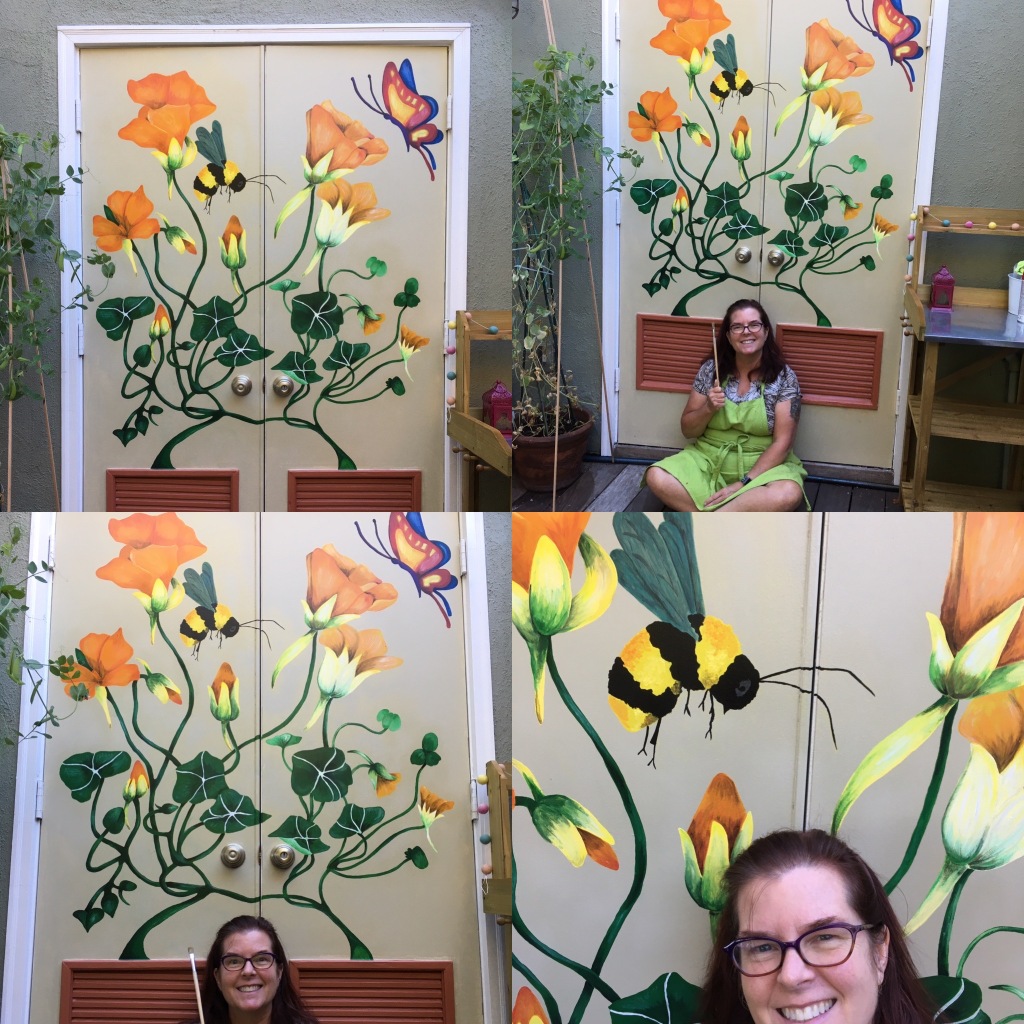








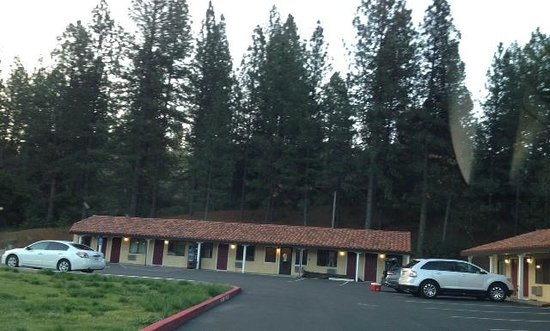







![tub-spumoni_thumb[1] tub-spumoni_thumb[1]](https://gcottraux.files.wordpress.com/2017/09/tub-spumoni_thumb1.jpg?w=355&resize=355%2C187#038;h=187)























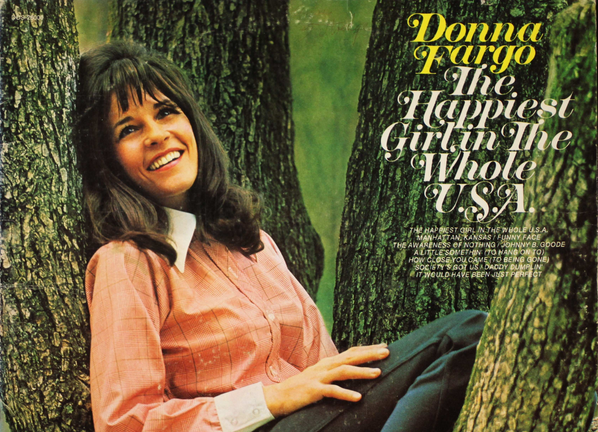



















































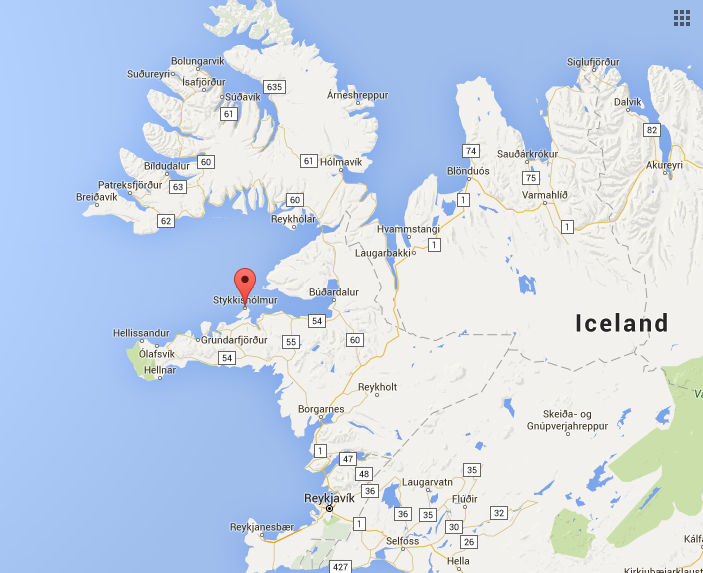





















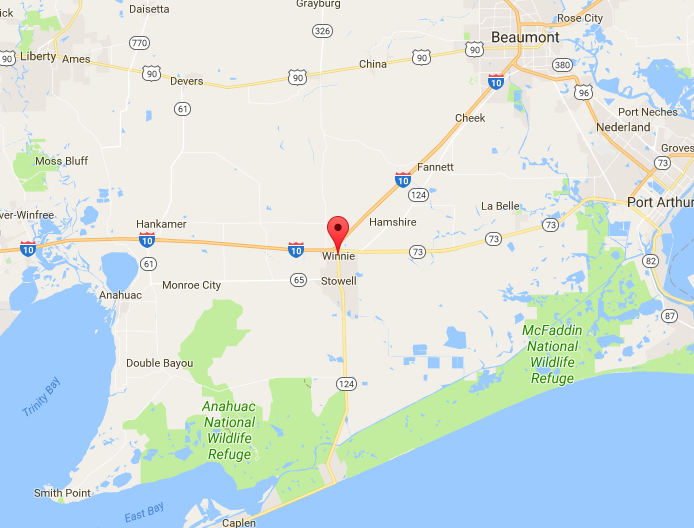



 Fries versus cottage cheese.
Fries versus cottage cheese. 



